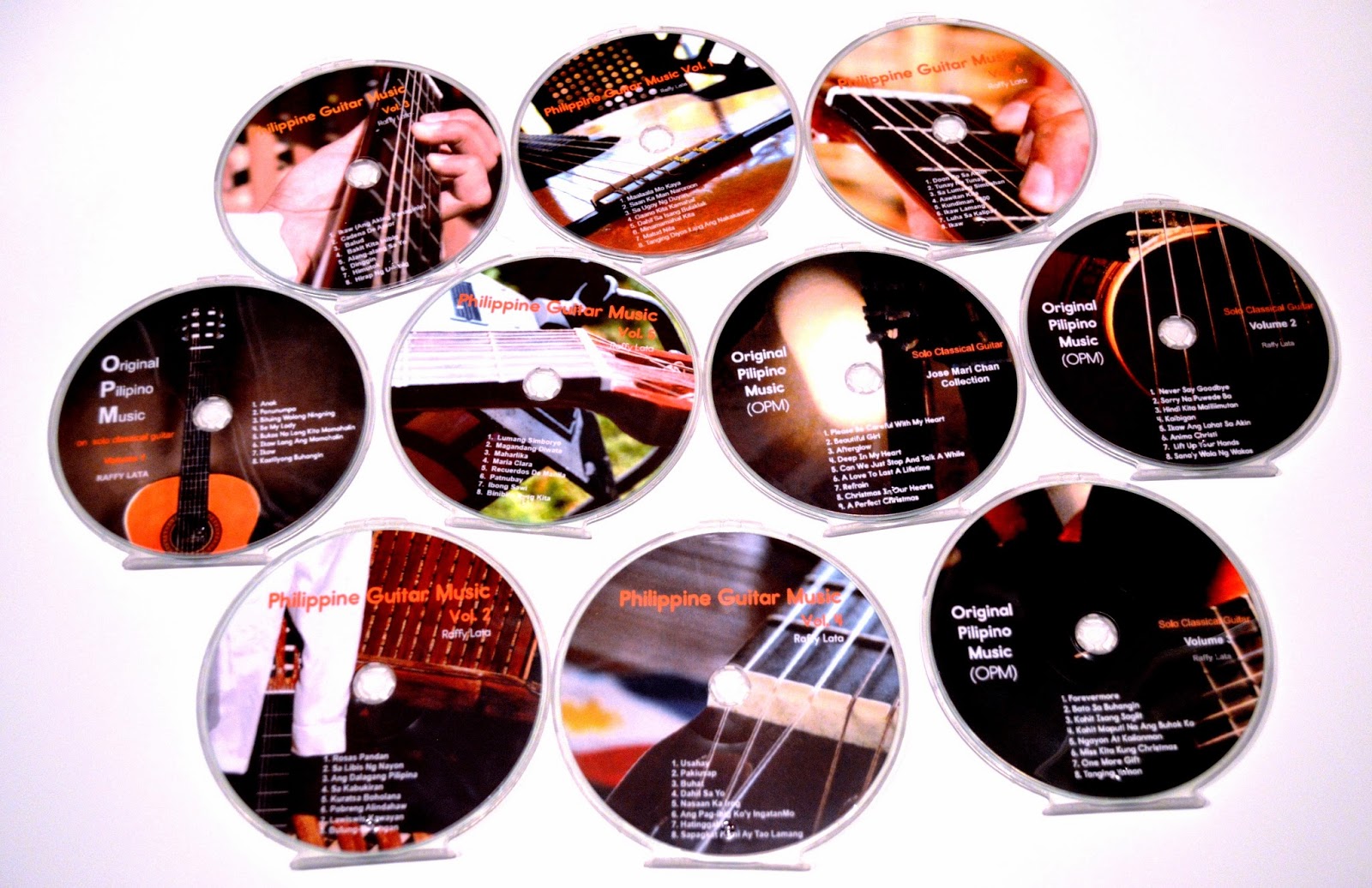No ID. No entry.
During our student days in the 80s at Pasig Catholic College (PCC), the school had a strict policy of not letting anyone in without their student ID. A security guard was posted at the main gate's entrance and he made sure each student entering was wearing his ID before being allowed inside. If we did not have our ID with us, we were made to stay outside the gate until after the bell rang and everyone had gone up to their classrooms. Once classes started, all students outside the gate were herded into the principal's office to face the consequences. In addition to missing our first period, we would clean the office, wax the floor or run messaging errands for the principal. After completing our slave duties, we would be issued a Tardy and a Temporary ID slip then sent off to our next class. After a number of such type of violations, our parents would be notified and/or we could be suspended.
In the (g)olden days before printed PVC badges and smart card readers became commonplace, our school IDs were made of laminated white cardboard. When these got soaked in water (because it rains a lot in the Philippines), the two plastic halves started to separate with the front/back portions of the cardboard clinging to each half of the plastic. This design weakness created opportunities for us kids to circumvent the guard's watchful eyes. If a classmate/friend saw me waiting at the gate, he would split his ID into two, front and back. He used the front and I used the back - problem solved.
Some of our other successful endevours included the following:
1. After our friend entered the gate with his ID, he would toss or hand his ID to us while the guard was not looking and we could use it to get in.
2. If we had an expired Temporary ID slip, we would change or extend the expiry date. That would be forgery, but hey....
3. When the guard was busy acosting another student, we would just walk right past him.
4. We would enter the gate in groups of 4 or 5 hoping the guard would not notice those of us not wearing our IDs.
5. When a car entered, the guard had to open the larger gate. We would stay on the other side of the car and walk beside it as it drove into the campus.
It seemed like we expended a lot of energy trying to beat the system rather than to take care of our IDs and make sure we have them before we went to school. The reality was that we had to do what we needed to do to avoid penalties that we thought were unfair. There was really no lesson to be learned from punishing kids for forgetting to bring their IDs to school. Nowadays, if you forget your badge, the guard is able to verify your identity and let you in with a temporary badge. Only visitors are required to check in and show proof of their identity, understandably so.
No ID.
This story relates to my everyday struggles in studying the classical guitar and the challenges I face when corresponding with other classical musicians. I've always been considered a fringe and obscure musician, largely ignored for playing antiquated Filipino music and not having a music diploma or having ever won a contest (which I totally disdain). I believe there is a prevailing attitude among some people who invested in conservatory studies that they are the best judge in branding who is worthy to be called a classical musician, let alone a guitarist. Who can blame them when they spent all these years and money trying to become experts in their chosen field? However, some lose sight of the fact that many people who do not fit the mold that they designed in their heads are just as worthy, if not more so, to be considered accomplished musicians. Is it really the diplomas and trophies that matter, or is it the impact one makes on other people when they play music? A masterful technique and an encyclopedic knowledge of the repertoire are powerful tools, but what is really the badge one must have to be considered a musician?
No Entry.
How does one become part of this exclusive and elite club of classical guitarists that many people look up to? First of all, I do not believe such a club exists and anything resembling a club seems more like a cult to me. Just like any profession, one needs the right connections and the right opportunities to "make it" and be considered successful. While a conservatory education combined with an innate talent or musical progeny certainly helps, there is still nothing more important than determination, a good sense of self-discipline and a pinch of problem-solving skills. Institutionalized studies of the classical guitar defeats the purpose of enticing common folks to pick it up because many are intimidated by the rigid grading systems designed to put them in a box. Andres Segovia spent all his life wrestling the guitar from the hands of street musicians and he successfully brought it to the concert stage and universities. Today, interest in the classical guitar is not as widespread as it was in the 60s and 70s and I blame this on the silo that conservatories created over the decades. However, it is interesting to see that amateurs and enthusiasts have started to pursue classical music on their own thanks mainly to social media and the availability of educational materials, as well as musical scores. In short, the walls have come down and there really is no need to gain entry into anything.
No ID? No need for entry.





entered my password just to say "Hi Thanks ". just to let you know I read your essay .
ReplyDelete